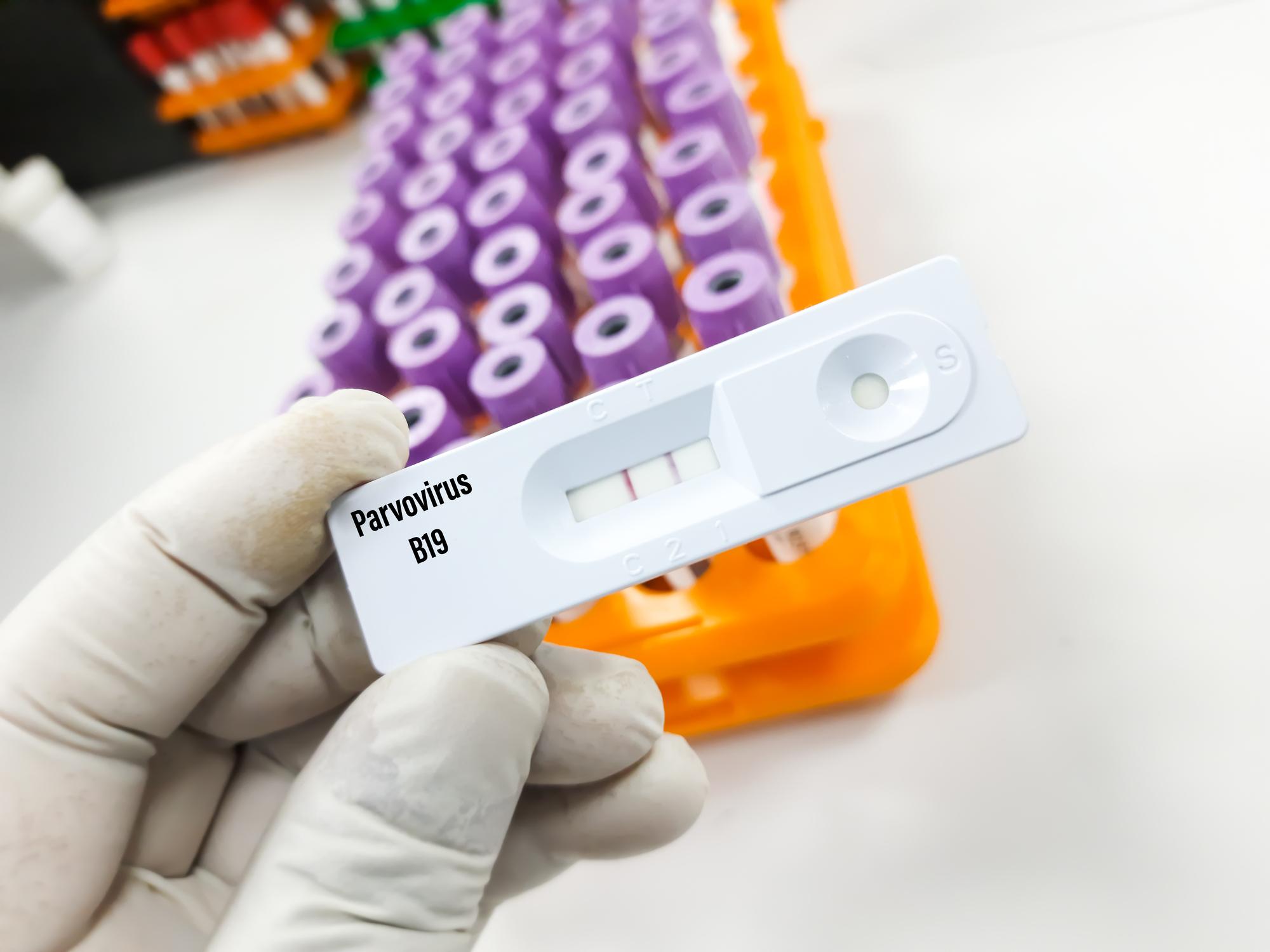Here is how to protect yourself from meningitis and thus avoid potential deaths or amputations.

- In France, cases of meningitis increased by 36% between January and September 2019 and January and September 2023.
- As a result, the Audrey patients’ association warns of the resurgence of meningitis in France and reminds through the intervention of Doctor Muhamed-Kheir Taha how to protect yourself as much as possible from this deadly disease.
- Meningitis is caused by meningococcus, a bacteria found in humans.
“We would like to draw your attention to the increase in new cases of meningitis in France because it is a question of saving lives.” In a press release, the Audrey patients association warns of the resurgence of meningitis in France and reminds, via the intervention ofu Doctor Muhamed-Kheir Taha, how to protect yourself as much as possible from this deadly disease.
“The association wants a change in the vaccination schedule in April 2024 to protect our children more widely by including the 5 meningococcal meningitis with immediate reimbursement. This would save many lives and save considerable expenses linked to the consequences of meningitis “the activists first declare.
Meningitis: “preventive strategies are recommended through vaccination”
“The preventive measures to be taken in those around the patient (antibiotics and vaccination in certain cases) aim to eliminate the bacteria in asymptomatic carriers, reduce the risk of secondary cases and limit the spread of the bacteria in the population”, then explains Dr Muhamed-Kheir Taha, head of structure at the Institut Pasteur.
In addition, preventive strategies are recommended through vaccination. In Europe, the vaccines available are against serogroup C or against serogroups A, C, Y, W. There are also a protein (non-capsular) vaccine against serogroup B strains.
“In France, vaccination against meningococcus (C, editor’s note) is mandatory for infants born from January 1, 2018 with one dose at 5 months and another at 12 months. In addition, vaccination against meningococcus C is recommended as a catch-up for unvaccinated subjects aged 2 to 24 years (one dose of vaccine). specifies Dr Muhamed-Kheir Taha. “Vaccination against other serogroups is recommended in those at risk and for the control of epidemic situations,” he adds.
“Good vaccination coverage among adolescents and young adults is important to establish herd immunity because meningococcal carriage and transmission are common in these age groups,” also believes the doctor. “Vaccination against meningococcus B has been recommended in France since June 2021 and reimbursed since May 2022. he recalls.
Meningitis: what are the health consequences?
Meningitis is caused by meningococcus, a bacteria found in humans. She resides in the throat without causing symptoms in the majority of cases (asymptomatic carriage). However, certain hyper-invasive strains are capable of passing into the blood to spread throughout the body and cause serious infections such as septicemia (infection in the blood) or meningitis (when the bacteria crosses the barrier that separates and protects the central nervous system).
The meningococcus is surrounded by a capsule whose composition defines the serogroup of the strain. These are the serogroups A, B, C, W, Y, and X which are responsible for almost all of the disease in the world, but with proportions variables of these serogroups (serogroup B is the majority in Europe).
“The mortality rate of invasive meningococcal infections remains high (10%) despite good management. These infections can leave serious after-effects in survivors such as amputations”, deplores the Audrey patients association.
Meningococcus is a fragile germ and cannot survive outside of the human being. “Transmission occurs following contact with respiratory droplets (generated by coughing or sneezing.) from infected people (sick or asymptomatic carriers). It is favored by close contact (within one meter ) face-to-face and the risk of transmission increases with the duration of contact”, concludes the non-profit organization.

















